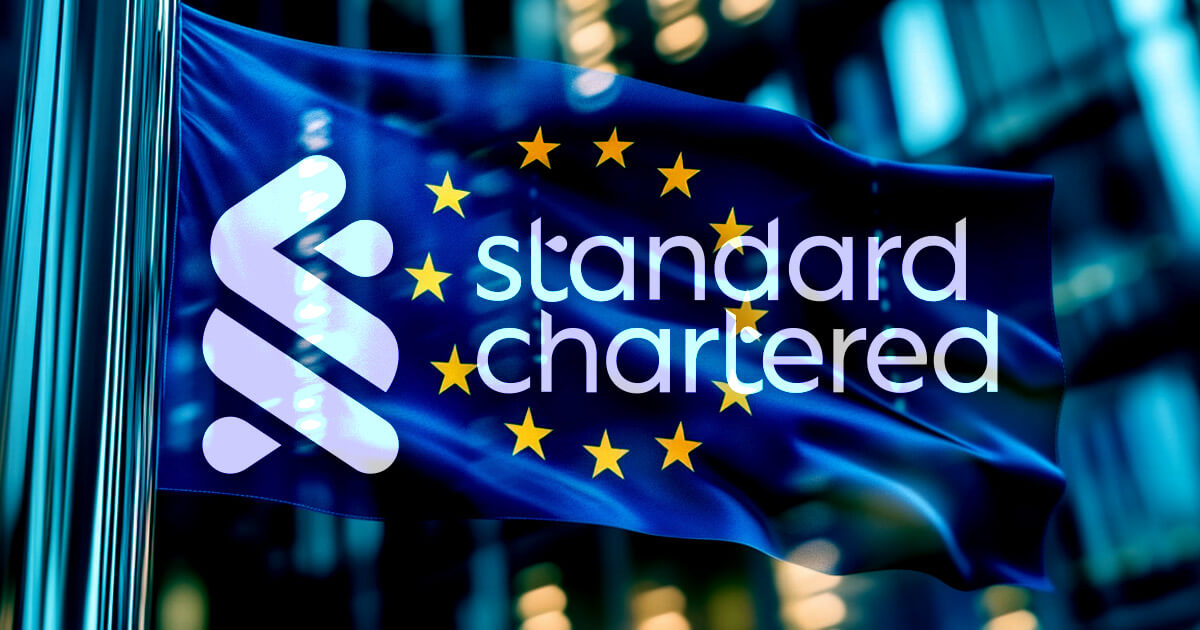Just as the European Union officially signs its sweeping Markets in Crypto-Assets (MiCA) rules into law, a study commissioned by EU Parliament suggests that crypto assets should be regulated as securities by default, potentially vindicating the stance of U.S. Securities and Exchange Commission (SEC) Chair Gary Gensler.
Key Takeaways
- The EU has officially signed its first-of-its-kind crypto regulatory framework, known as MiCA, into law.
- At the same time, a study on additional crypto regulations proposed the treatment of all crypto assets as securities by default.
- The study may vindicate U.S. SEC Chair Gary Gensler who has come under fire from the industry for his view that all non-bitcoin crypto assets are securities.
MiCA Signed Into Law, What’s Next?
The MiCA regulation, signed into law Wednesday by European Parliament President Roberta Metsola and Swedish Rural Affairs Minister Peter Kullgren, aims to bring clarity and oversight to the crypto industry. A separate anti-money laundering law requiring crypto providers to verify customer identities during fund transfers was signed alongside MiCA.
MiCA is expected to come into effect in the coming weeks and will grant licenses to crypto exchanges and wallet providers to operate within the EU, while stablecoin issuers will be required to hold appropriate reserves.
However, attention has already shifted to the next phase of crypto regulation, which may cover topics such as staking, non-fungible tokens (NFTs), and decentralized finance (DeFi). While the industry has broadly welcomed the provisions in MiCA, discussions are ongoing regarding future regulations to address emerging trends and technologies.
Study Suggests Treating Crypto As Securities By Default
An April study commissioned by EU Parliament suggests that crypto assets should be deemed transferable securities by default. In order to receive an alternative classification, such as a financial derivative or a payment service, the crypto intermediary behind the asset would need to receive an exemption from a national competent authority (NCA).
Researchers pointed to the speed of innovation and “hide-and-seek” nature of crypto regulation as reasons for implementing the rule.
“Under such conditions, we doubt that a comprehensive regulatory approach to definitions can be drafted and implemented on an EU level at all within any reasonable time and at costs proportionate to the cause,” the report explains.
Additionally, the study proposes shifting the cost and burden of regulatory compliance from the national regulators themselves to the offerers of crypto assets or those who make those assets available for trade.
Vindication for U.S. SEC Chair Gensler?
Recently, U.S. SEC Commissioner Hester Peirce indicated that the EU’s implementation of the MiCA regulation could be a learning opportunity for the U.S.
However, the study above may be seen as vindication of the SEC and chair Gary Gensler’s stance. Gensler has said that most crypto tokens are securities, and he has come under fire from the industry for the SEC’s enforcement actions against crypto companies.
Credit: Source link


:max_bytes(150000):strip_icc()/GettyImages-1394911008-68935ec38c174e12b46da8597fc1266e.jpg)











































